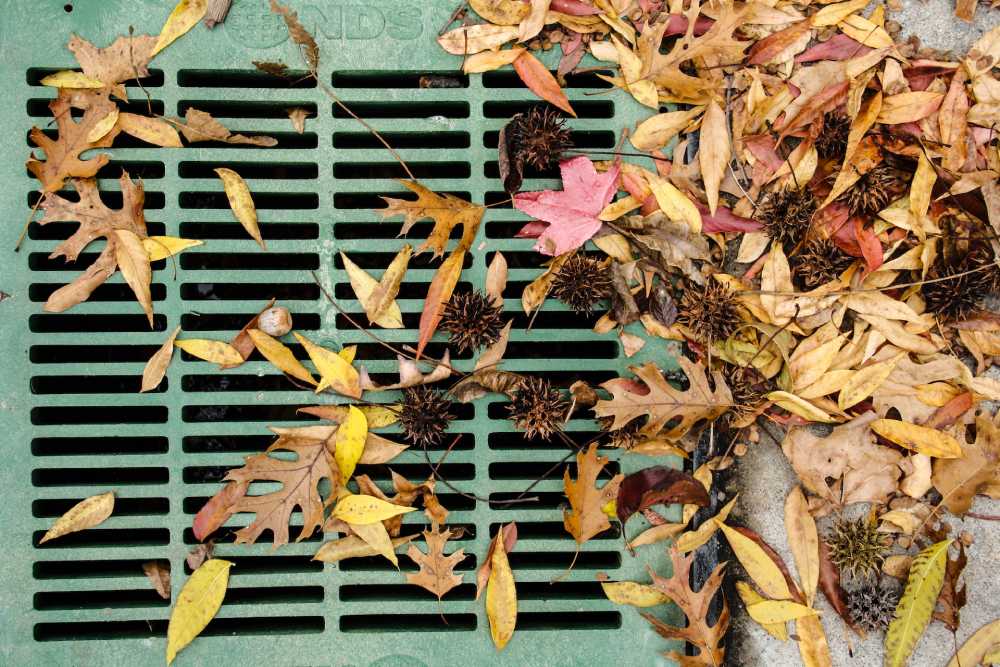Preventative maintenance steps to avoid sewer line problems are smart for any homeowner. Besides using natural methods for drain cleaning, you can also opt for video inspections to spot potential blockages and have them dealt with quickly. Educating your family on proper waste disposal can help keep costly clogs at bay. This article will offer some valuable guidance to assist you in achieving that:
Keep Trees Away from Your Sewer Lines
Trees add beauty and value to your home but can cause expensive problems with your sewer line. Attracted to water and nutrients, tree roots will penetrate the tiniest crack or hole in a sewer line pipe and begin growing inside it. Over time, this can put so much pressure on the pipes that they break, resulting in costly repair bills and unsanitary conditions throughout your home.
Fortunately, simple steps make it easy to prevent root damage to sewer lines. First, before planting any trees in your yard, ask a local utility professional to locate your sewer line. This step will save you from miscalculating the distance and planting trees too close to the line, leading to clogged drains and sewage backups.
Call a plumber immediately if you experience frequent clogged drains or hear gurgling when flushing your toilet. They can use a camera to see any signs of a blockage and take the appropriate steps to fix it before it worsens.
If your sewer line is old and prone to breaks, it may be worth investing in buried concrete and hiring a sewer repair contractor to prevent invading tree roots from damaging the pipes. In addition, choosing slower-growing trees with narrower root balls and using a chemical solution that offers slow-release nutrients can help discourage unwanted root growth near your pipes.
Keep Grease and Cooking Oils Out of Your Drains
You can avoid costly sewer line repairs by preventing blockages from happening in the first place. A few preventative maintenance tips can go a long way toward keeping your home’s plumbing in good working order. A significant contributing factor to clogged kitchen sinks, toilets, and sewer line blockages that can result in raw sewage backing up into your house is grease.
Instead of pouring pan drippings, grease, salad dressing, and sauces down the drain, empty grease into a non-recyclable container and add an absorbent material like kitty litter or coffee grounds to keep it from flowing into your sewer system. Then, place the container in the trash.
Similarly, do not use cloth towels or rags to wipe up oil and grease from dishes. Those will wash into the drain and end up in your sewer system or your neighbors’ sewer lines. Also, do not rinse greasy dishes or pans with hot water. That pushes the grease into your pipes, where it will cling to the walls and restrict water flow. To avoid clogging, you should also regularly clean your kitchen drains with a natural product.
Install Strainers in Your Sinks
Owning a home is expensive enough without dealing with costly drain line and sewer repair costs. Practicing routine preventive maintenance on your sewer lines is an inexpensive and effective way to keep them functioning correctly. Large food particles and other debris that might otherwise go down the drain are captured by a sink strainer attached to the top of your sink drain.
Keeping these items out of the drain helps prevent them from damaging your pipes and sewer line. Installing a sink strainer in every sink in your house is an excellent preventive measure. They are available at most hardware stores and cost less than $25.
They are also simple to install. First, test the old sink strainer to see if it leaks or has a loosening lock nut. Spray the nut with penetrating oil to help lubricate it and loosen it. Remove the friction ring and lock the nut with a wrench if required.
Another common cause of clogged drains and sewer lines is flushing inappropriate items down toilets. Items that shouldn’t be flushed include baby wipes, paper towels, feminine hygiene products, and “flushable” personal wipes.
These wipes do not break down and can build up in the sewer line, causing blockages. Finally, be sure to run cold water for a few seconds after each use of your garbage disposal and before washing dishes. It will help flush the drain line and send any food particles on their way rather than into your sewer lines.
Avoid Flushing Inappropriate Items Down the Toilet
Whether out of ignorance or a moment of laziness, many homeowners flush things that they should not. This trash can harm the public sewer system and necessitate costly plumbing repairs when it clogs drains and toilets.
To keep your home’s pipes in top condition, teach your family members that only toilet paper and human waste should be flushed. Baby wipes, q tips, bandages, dental floss, feminine hygiene products, and cigarette butts are among the items that should never be flushed. These materials don’t break down in water and can clog pipes over time, leading to costly repair bills.
Hair is another common culprit for drain clogs. This thick, sticky substance floats and clings to whatever moves through the pipes, creating a knotted mess that’s nearly impossible to dislodge. Throw hair in the trash instead of down the drain to avoid this.
You should also avoid flushing medicine or drugs down the toilet. These substances can also cause clogs and seep into the water supply, harming animals and plants. Remember to dispose of these chemicals properly by storing them in a safe spot where children and pets can’t access them.



